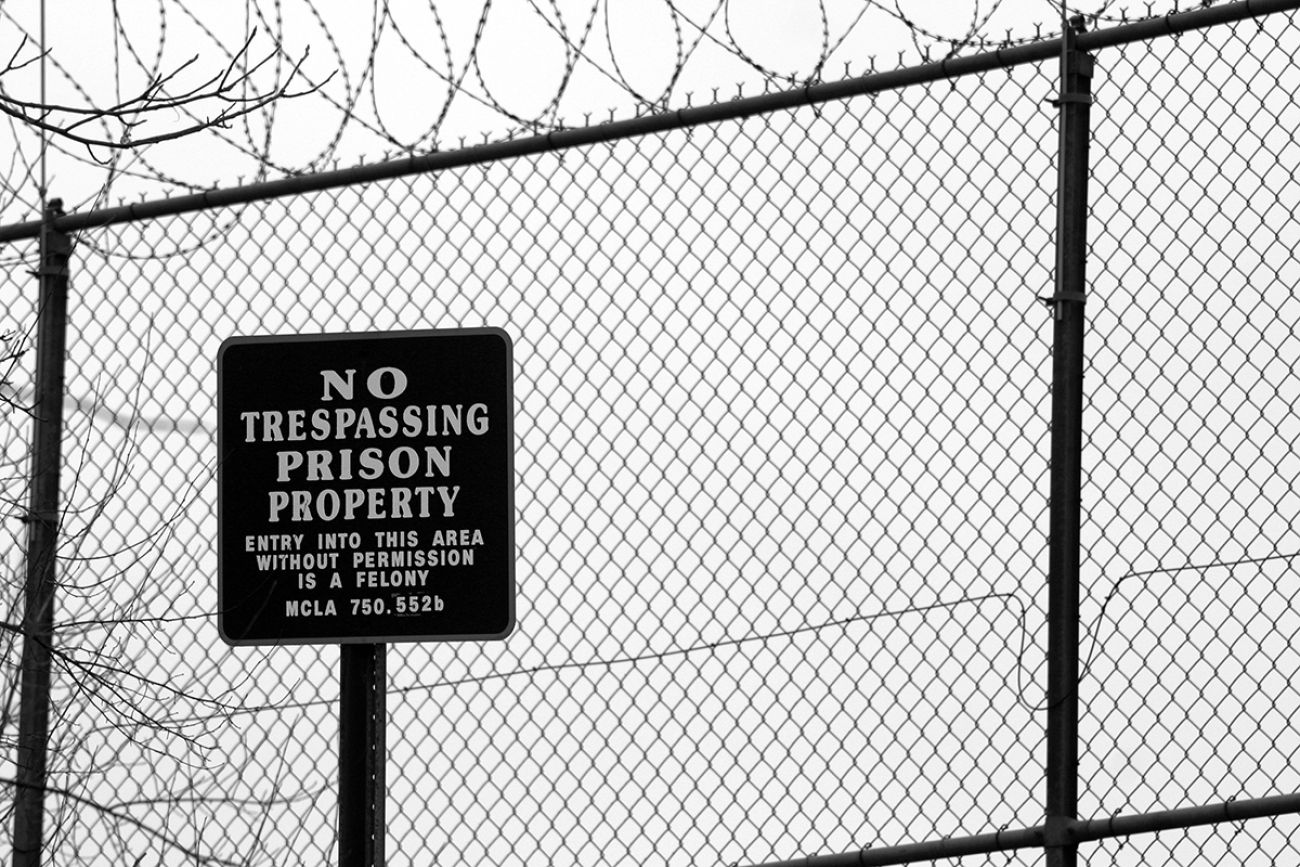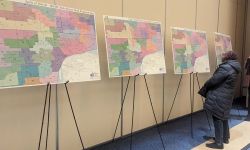Michigan lawmakers consider end to ‘prison gerrymandering'


- Senate bill would take inmates’ pre-incarceration addresses into account when crafting political districts
- Critics of the current system say it gives outsize political clout to rural areas where prisons are located
- Republicans are concerned change would inaccurately reflect prisons’ impact on local communities
Michigan lawmakers are exploring a shift in how prison populations are reflected in congressional and legislative districts, weighing whether the current practice of counting inmates as residents of the prisons where they’re held gives outsize political clout to rural areas.
Under current law, the roughly 32,000 people serving time in Michigan prisons are counted as residents of those prisons for representation purposes instead of as residents of their home communities.
Opponents call that “prison gerrymandering” because it inflates the population and political power of smaller communities while alienating incarcerated people — who cannot vote while they are incarcerated — from their hometowns. Inmates are statistically more likely to come from urban areas like Detroit.
Related:
- Critics say prisons give rural Michigan towns unfair edge in redistricting
- Trial to weigh if Michigan legislative maps discriminate against Black voters
- End may be near for Michigan redistricting panel, a year after finishing maps
- Michigan Republicans lost badly statewide, but scored big in county races
The Senate Elections and Ethics Committee heard testimony Wednesday on new legislation that would require the state’s redistricting commission to take the pre-incarceration addresses of inmates into consideration when drawing congressional and legislative districts.
“We’re counting incarcerated people in the wrong place,” Sen. Sylvia Santana, D-Detroit, the bill’s sponsor, told lawmakers. She argued the current system “dilutes the voices of those communities and weakens their influence on lawmakers.”
For some Michigan communities, prison populations make a big difference. A 2021 Bridge Michigan analysis found that prison inmates account for more than 40 percent of the population in St. Louis and Ionia. In the Upper Peninsula, inmates account for almost 2 percent of the population.
But while prisoners help steer political power to these communities when it comes to electing state or federal lawmakers, state law has long excluded prisoners from counts used for drawing local districts such as for county or city commissions.
Santana’s legislation aims to add Michigan to a growing list of states that have changed such policies. According to the Prison Policy Initiative, at least 11 states — Colorado, Nevada, Virginia, California, Maryland, Washington, Connecticut, New Jersey, Delaware, New York, and Illinois — have recently passed legislation to count inmates at their home address or exclude them from redistricting counts altogether.
During Michigan’s most recent redistricting process, some advocates petitioned the Michigan Independent Citizens Redistricting Commission to count incarcerated people at their home addresses. The commission declined to do so, claiming that the decision was up to the Legislature.
Republicans on the panel questioned whether shifting to a pre-incarceration address was the correct move, arguing that prisoners who are sentenced to decades behind bars no longer live in their home communities and that their presence in the prison has a direct effect on nearby residents.
“In one way or another, they are part of that community,” said Sen. Ed McBroom, a Vulcan Republican whose Upper Peninsula district includes four prisons. “They make an impact there, because they’re there.”
During the hearing, Walter Miller, a Wayne County resident who was incarcerated for 33 years, said he still identified with his home district even when he was imprisoned in the Upper Peninsula. He told lawmakers he declined to fill out U.S. Census forms during his sentence because he didn’t want to be counted as a Luce County resident.
“The places where a majority of prisoners come from suffer because those people aren't being counted in places where they're residents,” he said. “They’re treated as a commodity.”
The Senate Elections and Ethics Committee didn’t take a vote on the bills Wednesday, but Santana told reporters she anticipates broad support from the Democratic-majority House and Senate. The bill needs to pass both chambers and get a signature from Gov. Gretchen Whitmer to become law.
See what new members are saying about why they donated to Bridge Michigan:
- “In order for this information to be accurate and unbiased it must be underwritten by its readers, not by special interests.” - Larry S.
- “Not many other media sources report on the topics Bridge does.” - Susan B.
- “Your journalism is outstanding and rare these days.” - Mark S.
If you want to ensure the future of nonpartisan, nonprofit Michigan journalism, please become a member today. You, too, will be asked why you donated and maybe we'll feature your quote next time!


